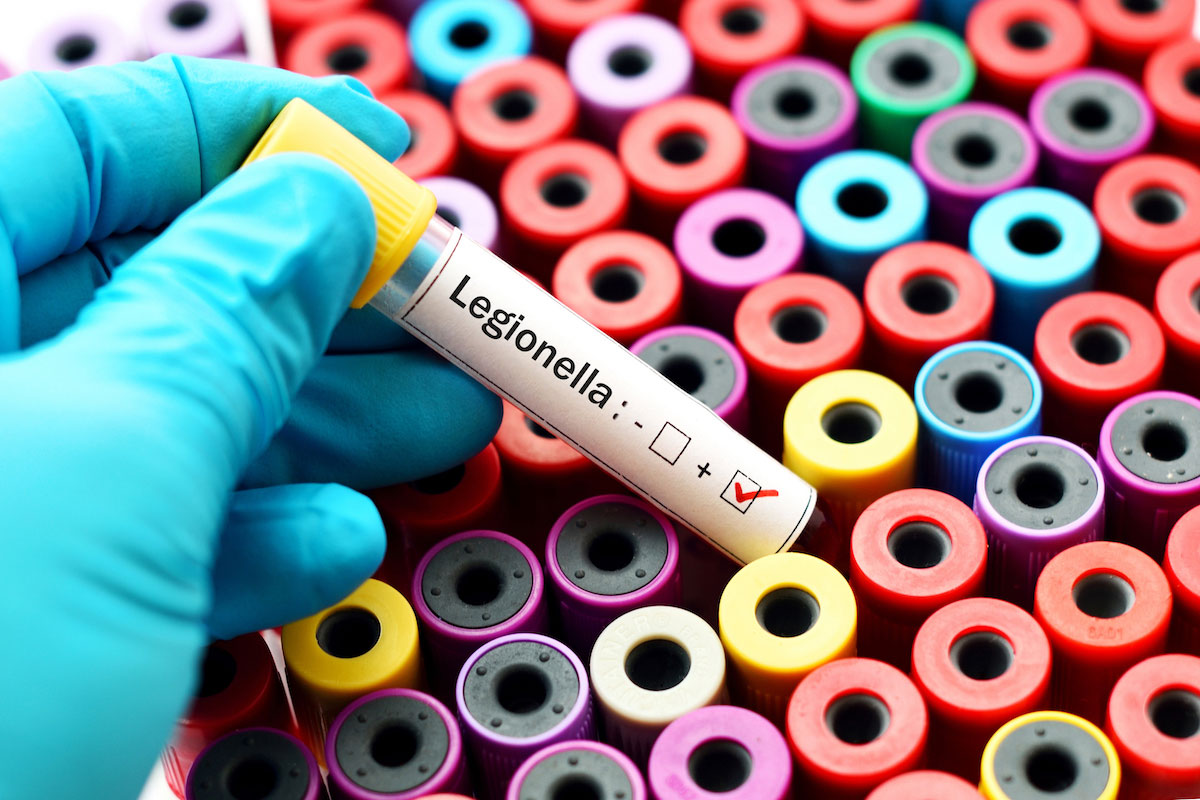News item: A Legionnaires’ disease outbreak in an Atlanta hotel killed one person and sickened dozens of others in July, with the hotel still closed a month later. This follows two cases of Legionnaires’ disease, including one death, reported in mid-July at a Rocky Hill nursing home.
What is Legionnaires’ disease?
It’s a type of pneumonia, or lung infection, caused by breathing in small droplets of water that contain Legionella, a bacteria named after an outbreak during an American Legion convention in July 1976 at a Philadelphia hotel. Thirty-four of 221 people who became ill at or near the convention later died.
Where does the Legionella bacteria exist?
It’s often found in freshwater lakes and streams, says the state Department of Public Health, but it can also grow in water systems like a showerhead or sink. After the Philadelphia outbreak in 1976, it took the the largest investigation in Centers for Disease Control and Prevention history to determine the likely source was the hotel cooling system’s fans that released a mist of contaminated water. The mist, said investigators, likely fell on passersby below and was drawn into the hotel lobby by a ground-floor vent. (The cooling system had been cleaned before investigators were able to search for Legionella.)
What are the symptoms of Legionnaires’ disease?
The symptoms can mimic pneumonia:
- Cough
- Muscle aches
- Headache
- Cough
- Fever
- Diarrhea
Is Legionnaires’ disease contagious?
No. In one of the earliest examples, a man at the American Legion convention in Philadelphia showed no symptoms after two men he shared a hotel room with died suddenly.
What are the risk factors?
If you’re healthy, it’s unlikely you’ll get Legionnaires’ disease after being exposed to Legionella.
For people over 50 years old, says the CDC, these risk factors increase the chances of becoming ill:
- Smoking (either now or earlier in your life).
- Chronic lung disease (emphysema or chronic obstructive pulmonary disease).
- Weakened immune system (from cancer, diabetes, kidney failure or other disease).
- Taking medications that weaken your immune system.
How prevalent, and how deadly, is Legionnaires’ disease?
An estimated 6,100 cases were reported in 2016 in the United States. But health officials say it’s probably underdiagnosed. About one in 10 people with Legionnaires’ disease dies, says the CDC.
How is Legionnaires’ disease diagnosed and treated?
An exam for pneumonia, using chest X-rays or a physical exam, and possibly supplement by urine and sputum tests can detect Legionnaire’s disease. It’s treated with antibiotics. Most patients get better after this treatment.
If you develop pneumonia-like symptoms, see your doctor. For immediate attention, visit a Hartford HealthCare-GoHealth Urgent Care centers. They’re open Monday through Friday from 8 a.m. to 8 p.m. and Saturday and Sunday from 9 a.m. to 5 p.m. To make an appointment, check wait times or to find other GoHealth locations, click here.

